Poornima Swaminathan gives a touching account of children of jailed mothers, who spend their first few years in prison robbed of the most basic joys of childhood.
Poornima Swaminathan gives a touching account of children of jailed mothers, who spend their first few years in prison robbed of the most basic joys of childhood
From behind the bars of the Yerwada prison in Pune, Manju Nath dreams of a bright future for her three-year-old son.
At an age when most children parry questions to secure a place in some tony nursery school, Ritesh sits quietly in a corner of a jail barrack playing with pebbles. Manju wants to enroll him in a school.
It’s something most take for granted, but the mother is fighting bitter battles in the hope of making this simple dream come true.
As per the prison manual, a mother can live with her child till he/she attains the age of five. After that, the child is sent to a remand home or welfare institution. If the child has a family to fall back on, he/she is handed over to the family.
However, like Ritesh, more than 300 children are spending their first few years in prisons where no one cares about their welfare and well-being, effectively condemning them for no fault of theirs.
To make sure these kids keep pace with classrooms in the world outside, NGOs have set up balwaadis in prison premises. But without financial backing from the state, it’s an uphill task.
“Our aim is to spread education among the children of prisoners. Why should they bear the brunt of their parent’s mistakes,”asks Ravindra Vaidya, founder president of Amravati-based Varhad, an NGO that has been working with children of prisoners for a decade.
The Central government plans to help NGOs provide education to such children. “There is a proposal and we would love to get involved with educating children of prisoners.
It’s an area that requires urgent attention,”says Shantha Sinha, chairperson, National Commission of Protection of Child Rights (NCPR). “We plan to introduce balwaadis in prisons by 2008,”she says.
But as and when that happens, it will only mean one problem solved. Activists have been crying hoarse about the glaring neglect towards the nutritional requirements of children in prison.
Prison officials seem apathetic towards the basic diet needs that children have in their formative years. “Currently, milk and rice is the food given to children in prisons.
They ought to be given more nutritious food,”says Vijay Raghavan, founder of Mumbai-based Prayas, an NGO that works for the welfare of women prisoners.
Prison officials admit that a 2003 Supreme Court judgement has been instrumental in mitigating the pathetic conditions that children of jailed women have to endure.
“The judgement clearly spelt out the norms that needed to be followed. It improved the situation in prisons,”says a police official, admitting that a lot still needs to be done.
One such aspect concerns physical access. The law permits children of an imprisoned mother to meet the mother/father once a month, if the parent in question is a convict, and twice a month, if he or she is an undertrial.
“However, children have to meet their parents through a fence that prevents personal touch. We are trying hard to abolish this, as touch is very important for a growing child,”said Vaidya.
![submenu-img]() MS Dhoni steps out to cast his vote for Lok Sabha polls in Ranchi, crowd goes crazy - Watch
MS Dhoni steps out to cast his vote for Lok Sabha polls in Ranchi, crowd goes crazy - Watch![submenu-img]() KKR vs SRH, IPL 2024 Final: Will rain play spoilsport in Chennai? Here's weather forecast for May 26
KKR vs SRH, IPL 2024 Final: Will rain play spoilsport in Chennai? Here's weather forecast for May 26![submenu-img]() Karan Johar announces his next directorial on 52nd birthday, fans say 'please bring back SRK and Kajol'
Karan Johar announces his next directorial on 52nd birthday, fans say 'please bring back SRK and Kajol'![submenu-img]() Meet woman, who holds Guinness World Record for longest fingernails, hasn't cut them since 1997, she is from...
Meet woman, who holds Guinness World Record for longest fingernails, hasn't cut them since 1997, she is from...![submenu-img]() Maharashtra 10th Result 2024: MSBSHSE SSC Class 10 to be released on May 27, know how to download scorecards
Maharashtra 10th Result 2024: MSBSHSE SSC Class 10 to be released on May 27, know how to download scorecards![submenu-img]() Maharashtra 10th Result 2024: MSBSHSE SSC Class 10 to be released on May 27, know how to download scorecards
Maharashtra 10th Result 2024: MSBSHSE SSC Class 10 to be released on May 27, know how to download scorecards![submenu-img]() Odisha Board 10th Result 2024: BSE Odisha Matric Result 2024 date, time announced, check latest update here
Odisha Board 10th Result 2024: BSE Odisha Matric Result 2024 date, time announced, check latest update here![submenu-img]() Meet student who cleared JEE Advanced with AIR 99, then dropped out of IIT counselling due to..
Meet student who cleared JEE Advanced with AIR 99, then dropped out of IIT counselling due to..![submenu-img]() IIT-JEE topper joins IIT Delhi with AIR 1, leaves it after few months without graduation due to...
IIT-JEE topper joins IIT Delhi with AIR 1, leaves it after few months without graduation due to...![submenu-img]() Meet man, tailor's son who sold newspapers to pay fees, cracked UPSC without coaching to become IAS officer, got AIR…
Meet man, tailor's son who sold newspapers to pay fees, cracked UPSC without coaching to become IAS officer, got AIR…![submenu-img]() DNA Verified: Is CAA an anti-Muslim law? Centre terms news report as 'misleading'
DNA Verified: Is CAA an anti-Muslim law? Centre terms news report as 'misleading'![submenu-img]() DNA Verified: Lok Sabha Elections 2024 to be held on April 19? Know truth behind viral message
DNA Verified: Lok Sabha Elections 2024 to be held on April 19? Know truth behind viral message![submenu-img]() DNA Verified: Modi govt giving students free laptops under 'One Student One Laptop' scheme? Know truth here
DNA Verified: Modi govt giving students free laptops under 'One Student One Laptop' scheme? Know truth here![submenu-img]() DNA Verified: Shah Rukh Khan denies reports of his role in release of India's naval officers from Qatar
DNA Verified: Shah Rukh Khan denies reports of his role in release of India's naval officers from Qatar![submenu-img]() DNA Verified: Is govt providing Rs 1.6 lakh benefit to girls under PM Ladli Laxmi Yojana? Know truth
DNA Verified: Is govt providing Rs 1.6 lakh benefit to girls under PM Ladli Laxmi Yojana? Know truth![submenu-img]() Assamese actress Aimee Baruah wins hearts as she represents her culture in saree with 200-year-old motif at Cannes
Assamese actress Aimee Baruah wins hearts as she represents her culture in saree with 200-year-old motif at Cannes ![submenu-img]() Aditi Rao Hydari's monochrome gown at Cannes Film Festival divides social media: 'We love her but not the dress'
Aditi Rao Hydari's monochrome gown at Cannes Film Festival divides social media: 'We love her but not the dress'![submenu-img]() AI models play volley ball on beach in bikini
AI models play volley ball on beach in bikini![submenu-img]() AI models set goals for pool parties in sizzling bikinis this summer
AI models set goals for pool parties in sizzling bikinis this summer![submenu-img]() In pics: Aditi Rao Hydari being 'pocket full of sunshine' at Cannes in floral dress, fans call her 'born aesthetic'
In pics: Aditi Rao Hydari being 'pocket full of sunshine' at Cannes in floral dress, fans call her 'born aesthetic'![submenu-img]() DNA Explainer: Why was Iranian president Ebrahim Raisi, killed in helicopter crash, regarded as ‘Butcher of Tehran’?
DNA Explainer: Why was Iranian president Ebrahim Raisi, killed in helicopter crash, regarded as ‘Butcher of Tehran’?![submenu-img]() DNA Explainer: Why did deceased Iranian President Ebrahim Raisi wear black turban?
DNA Explainer: Why did deceased Iranian President Ebrahim Raisi wear black turban?![submenu-img]() Iran President Ebrahim Raisi's death: Will it impact gold, oil prices and stock markets?
Iran President Ebrahim Raisi's death: Will it impact gold, oil prices and stock markets?![submenu-img]() Haryana Political Crisis: Will 3 independent MLAs support withdrawal impact the present Nayab Saini led-BJP government?
Haryana Political Crisis: Will 3 independent MLAs support withdrawal impact the present Nayab Saini led-BJP government?![submenu-img]() DNA Explainer: Why Harvey Weinstein's rape conviction was overturned, will beleaguered Hollywood mogul get out of jail?
DNA Explainer: Why Harvey Weinstein's rape conviction was overturned, will beleaguered Hollywood mogul get out of jail?![submenu-img]() Karan Johar announces his next directorial on 52nd birthday, fans say 'please bring back SRK and Kajol'
Karan Johar announces his next directorial on 52nd birthday, fans say 'please bring back SRK and Kajol'![submenu-img]() Meet superstar who faced casting couch at 17, was asked to 'compromise', wear a bikini for shoot, she is now..
Meet superstar who faced casting couch at 17, was asked to 'compromise', wear a bikini for shoot, she is now..![submenu-img]() Meet actor who made superhit debut, then gave 40 flop films, still lives luxurious life, net worth is..
Meet actor who made superhit debut, then gave 40 flop films, still lives luxurious life, net worth is..![submenu-img]() Dalljiet Kaur accuses husband Nikhil Patel of having extramarital affair, seems to confirm separation: 'Family is...'
Dalljiet Kaur accuses husband Nikhil Patel of having extramarital affair, seems to confirm separation: 'Family is...'![submenu-img]() Meet first Indian actress to win acting honour at Cannes; social media changed her life, she is…
Meet first Indian actress to win acting honour at Cannes; social media changed her life, she is…![submenu-img]() Meet woman, who holds Guinness World Record for longest fingernails, hasn't cut them since 1997, she is from...
Meet woman, who holds Guinness World Record for longest fingernails, hasn't cut them since 1997, she is from...![submenu-img]() Viral video: Tourist teeters on edge of Victoria Falls, internet reacts
Viral video: Tourist teeters on edge of Victoria Falls, internet reacts![submenu-img]() Viral video: Fearless cat defends against deadly cobra attack, internet is stunned
Viral video: Fearless cat defends against deadly cobra attack, internet is stunned![submenu-img]() Viral video: Restaurant's green chilli halwa preparation shocks internet, watch
Viral video: Restaurant's green chilli halwa preparation shocks internet, watch![submenu-img]() Viral video: Majestic lion welcomes US photographer with a roaring greeting, watch
Viral video: Majestic lion welcomes US photographer with a roaring greeting, watch




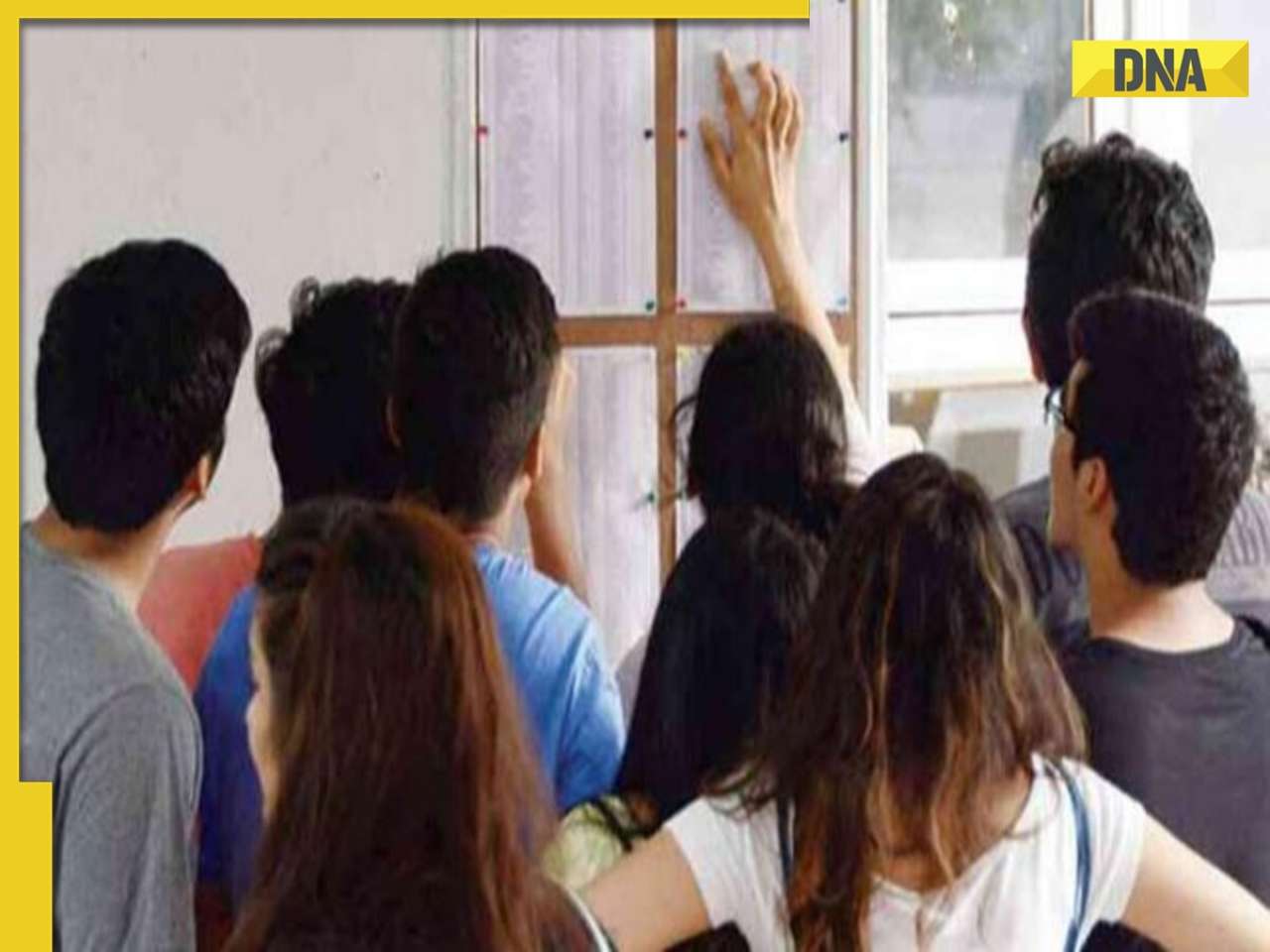





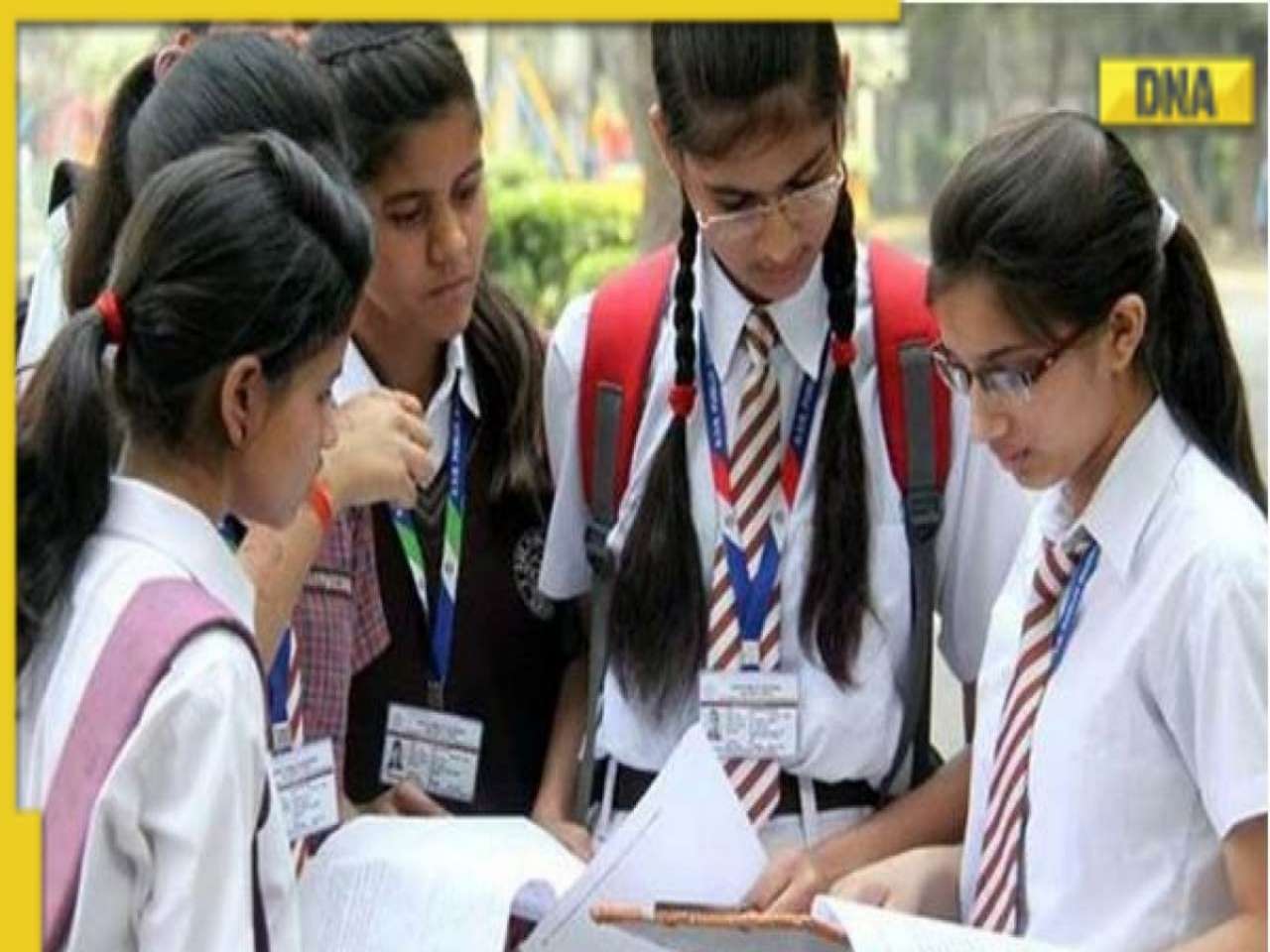
























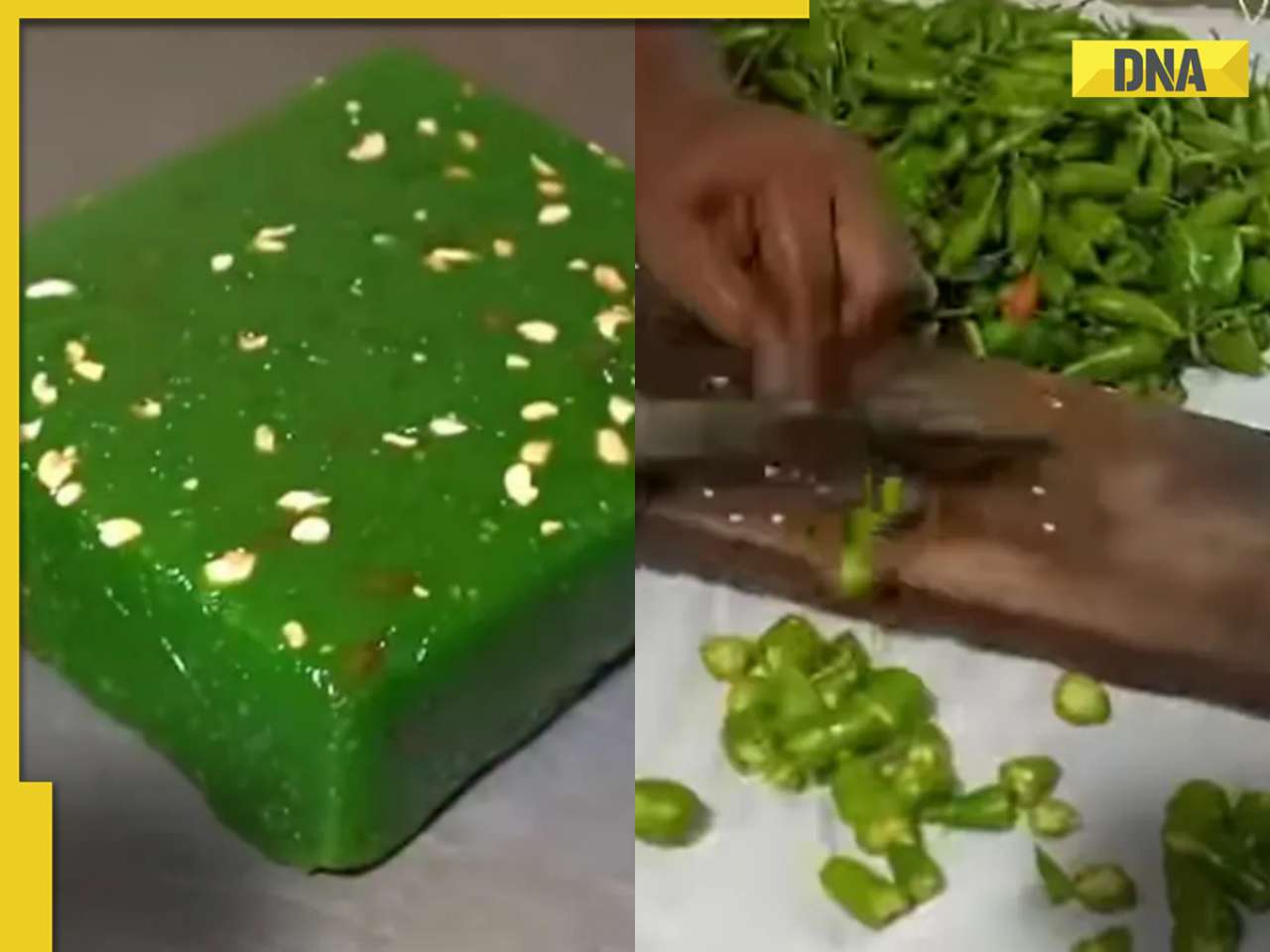









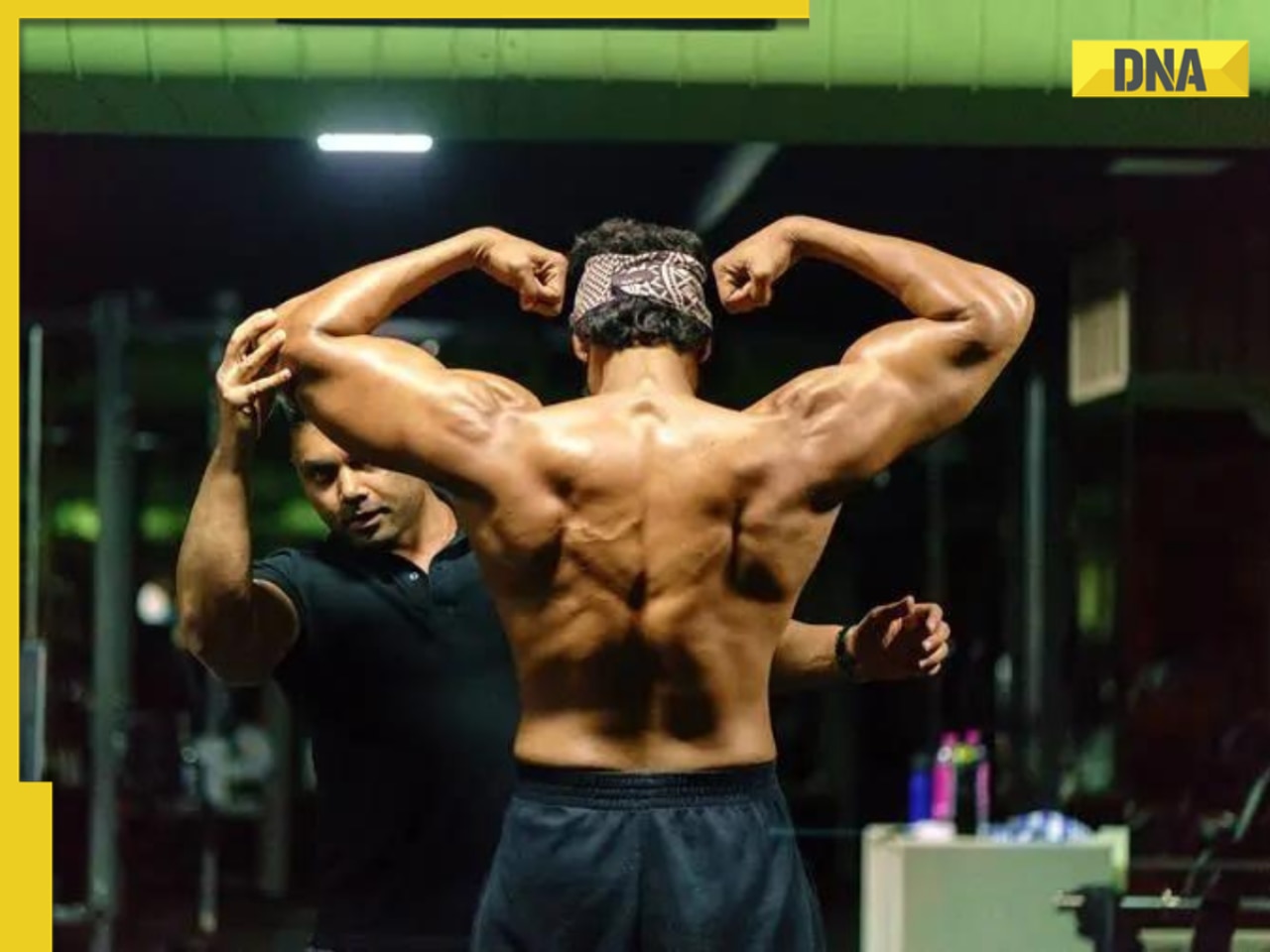





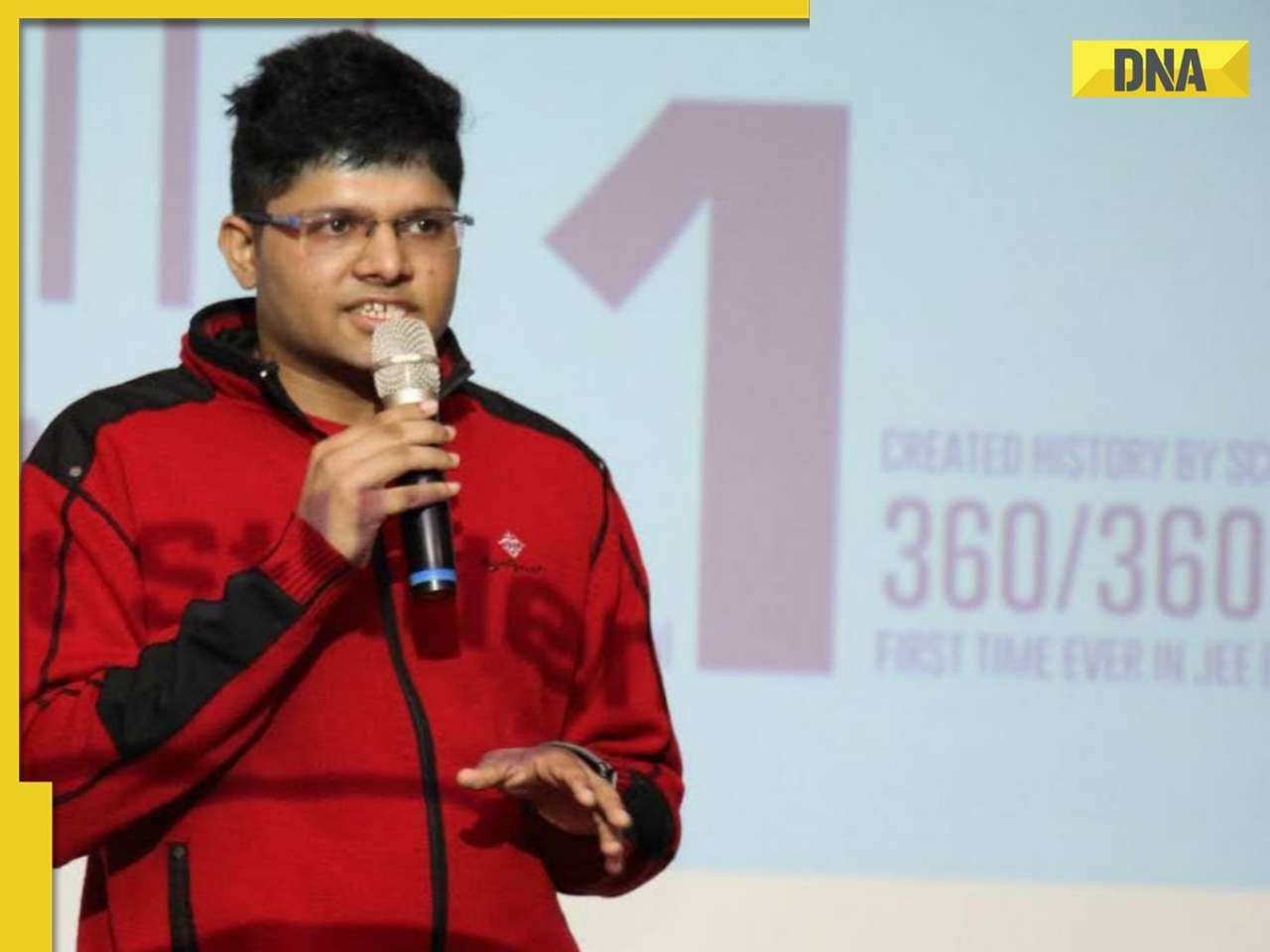




)
)
)
)
)
)